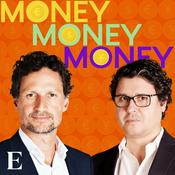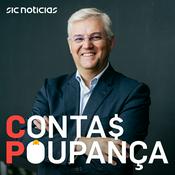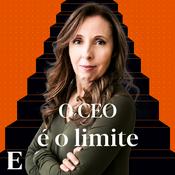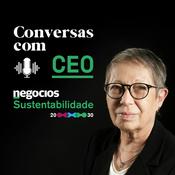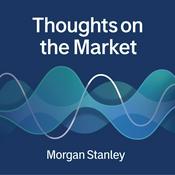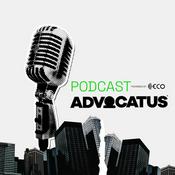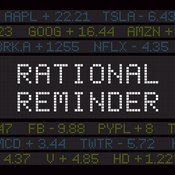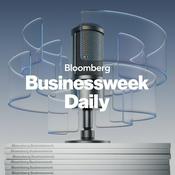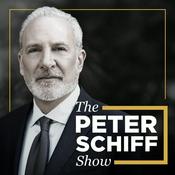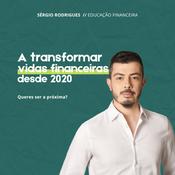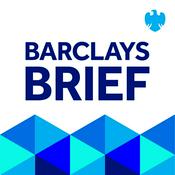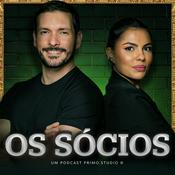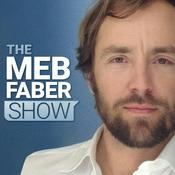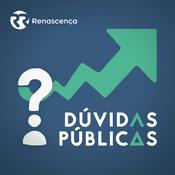Financial Thought Exchange Podcast
CFA Institute Research Foundation
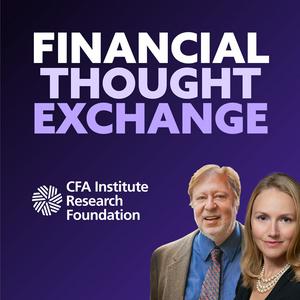
Último episódio
44 episódios
- Part 2 explores the technical hurdles shaping quantum computing's readiness for financial applications. Oswaldo Zapata, PhD and host Lotta Moberg, CFA, PhD discuss qubit quality, error rates, and why today's devices remain in the "noisy intermediate‑scale quantum" (NISQ) era. The episode breaks down hybrid classical‑quantum approaches, quantum‑inspired algorithms, and the complex process of encoding classical data into quantum states. Zapata explains why portfolio optimization is a promising—but still aspirational—area for quantum speedups, and how current hardware limitations constrain real‑world deployment. This conversation offers an honest assessment of where the technology stands today and what breakthroughs are still needed before quantum tools can meaningfully impact finance.
To read Oswaldo Zapata, PhD's chapter in AI in Asset Management, follow this link: https://rpc.cfainstitute.org/research/foundation/2025/chapter-9-quantum-computing-for-finance - In Part 1 of this three-part interview, host Lotta Moberg, CFA, PhD, speaks with Oswaldo Zapata, PhD, co‑founder of the Quantum Finance Boardroom and contributor to the CFA Institute Research Foundation monograph AI in Asset Management. This episode introduces the fundamentals of quantum computation, outlining how qubits, superposition, and quantum gates differ from classical computing. Zapata explains why quantum systems can process information in exponentially richer ways and discusses the challenges of building reliable qubits in real‑world laboratory environments. The conversation sets the groundwork for understanding how quantum computers may eventually tackle computational problems that classical machines cannot. This episode is ideal for finance professionals seeking a clear, accessible foundation in quantum technologies before diving into applications.
To read Oswaldo Zapata, PhD's chapter in AI in Asset Management, follow this link: https://rpc.cfainstitute.org/research/foundation/2025/chapter-9-quantum-computing-for-finance - Marcos López de Prado, PhD and Vincent Zoonekynd, PhD, of Abu Dhabi Investment Authority discuss their Research Foundation brief, Causality and Factor Investing: A Primer. They explore why many factor models fail, the risks of confounder and collider bias, and why factor investing requires a causal—not purely statistical—approach. Learn how causal graphs and theory-driven methods can improve attribution and model design. A must-watch for quantitative researchers and finance professionals seeking deeper insights into risk premia and robust factor modeling.
Dr. William J. Bernstein on Economic Growth, Passive Investing & Retirement Realities
11/12/2025 | 50minLarry Siegel speaks with Dr. William J. Bernstein—author, neurologist, and investment thinker—about the pillars of prosperity: property rights, scientific rationalism, capital markets, and infrastructure. They examine cultural influences on economic growth, the Henrich hypothesis on trust, and the future of globalization. Bernstein shares his philosophy on passive investing, liability-matching portfolios, and why TIPS matter for retirees. He also previews a new book with Ed McQuarrie that challenges assumptions about long-term stock returns. A deep dive into history, markets, and strategies for financial security.- In this episode of the Financial Thought Exchange podcast, host Lotta Moberg, CFA, PhD, speaks with David Knox, PhD, former senior partner at Mercer and author of the Research Foundation brief De-risking Global Pension Systems. Knox explores the complexities of global pension structures, the shift from defined benefit to defined contribution plans, and the growing reliance on private pensions. He discusses demographic pressures, funding challenges, and the importance of governance, regulation, and communication in securing retirement outcomes. A timely conversation for professionals navigating the future of pension policy and retirement planning.
Mais podcasts de Negócios
Podcasts em tendência em Negócios
Sobre Financial Thought Exchange Podcast
The Financial Thought Exchange Podcast offers listeners invaluable insights from top financial thought leaders across various sectors. Whether you're a financial analyst, investor, or simply interested in the "inside baseball" of the financial world, this podcast provides access to some of the most influential people shaping the industry.
Brought to you by the CFA Institute Research Foundation, the Financial Thought Exchange is your go-to resource for staying informed and gaining a deeper understanding of the finance industry's most pressing topics. Tune in for interviews with industry pioneers, expert analyses, and actionable insights you can apply in your own financial journey.
Financial Thought Exchange is the official podcast and video channel of the CFA Institute Research Foundation.
Check out our peer-reviewed research here: https://rpc.cfainstitute.org/en/research
Sítio Web de podcastOuve Financial Thought Exchange Podcast, Bitalk e muitos outros podcasts de todo o mundo com a aplicação radio.pt

Obtenha a aplicação gratuita radio.pt
- Guardar rádios e podcasts favoritos
- Transmissão via Wi-Fi ou Bluetooth
- Carplay & Android Audo compatìvel
- E ainda mais funções
Obtenha a aplicação gratuita radio.pt
- Guardar rádios e podcasts favoritos
- Transmissão via Wi-Fi ou Bluetooth
- Carplay & Android Audo compatìvel
- E ainda mais funções


Financial Thought Exchange Podcast
Leia o código,
descarregue a aplicação,
ouça.
descarregue a aplicação,
ouça.





